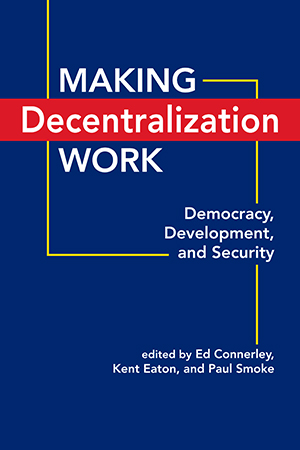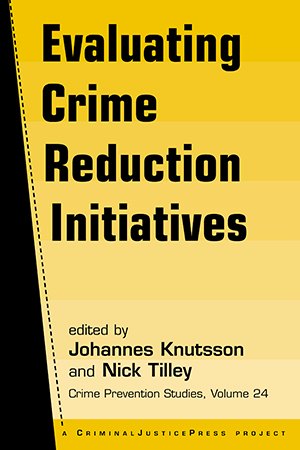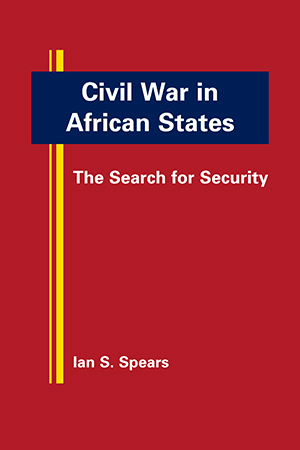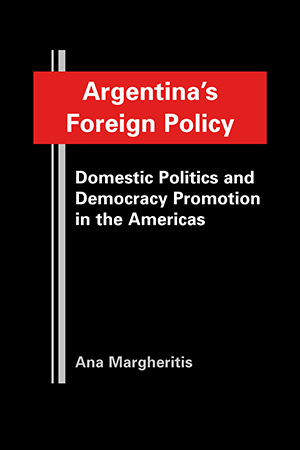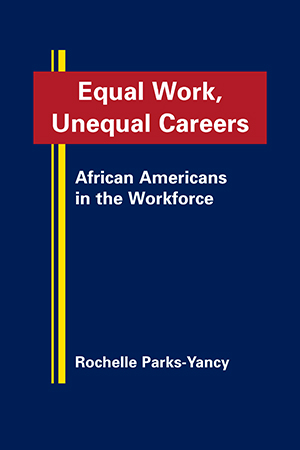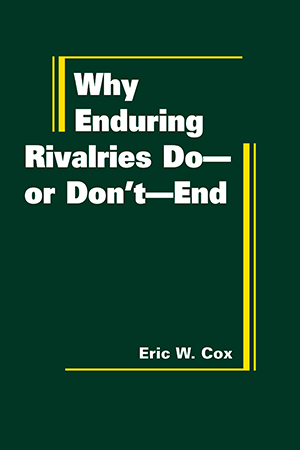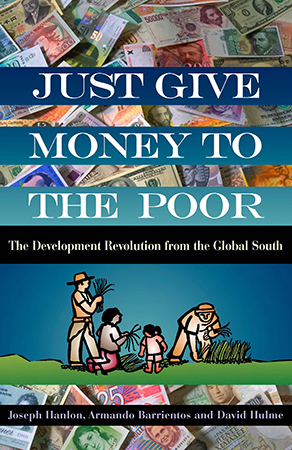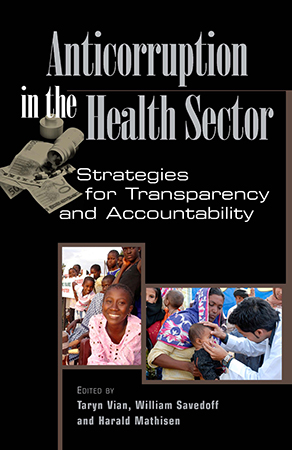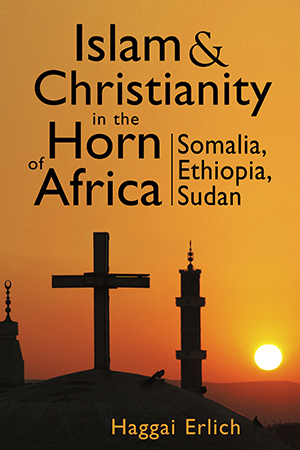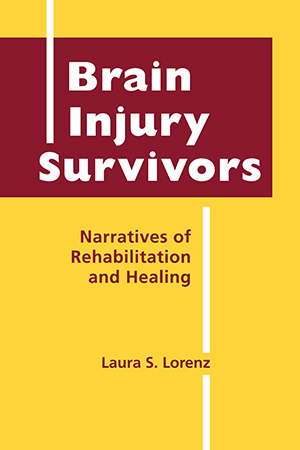BOOKS
It is increasingly difficult to find developing countries whose leaders have not debated or implemented some type of decentralization reform. But has decentralization worked? Does it More >
How should evaluations of problem-oriented policing and situational crime prevention projects be conducted? Although evaluation has been a driving force in the recent worldwide growth of the More >
How do disputants in Africa's civil wars—rebel movements, ethnic groups, state leaders—find security in the midst of anarchic situations? Why do some rebel movements pursue a More >
Why would a state commit to foreign policy actions that do not appear to have relevance to its national interests? And what can we learn from Argentina’s extensive involvement in More >
Why do some people get ahead in the workplace, while others, equally qualified, fall behind? Rochelle Parks-Yancy uses the experience of African American workers across the US to reveal how More >
Why do some enduring, violent rivalries between states end peacefully, while others drag on interminably or cease only with the complete collapse or defeat of one of the states? Eric Cox More >
Amid all the complicated economic theories about the causes and solutions to poverty, one idea is so basic that it seems radical: bypass governments and NGOs, provide direct cash transfers, More >
A brief, readable field guide, Anticorruption in the Health Sector brings practical experience to bear on anticorruption approaches tailored specifically to health. The contributors, all More >
Can Christianity and Islam coexist? Or are Muslims and Christians destined to delegitimize and even demonize each other? Tracing the modern history of the region where the two religions More >
Although millions of people are affected each year by brain injuries, what it is like to live with these injuries is often misunderstood. Laura Lorenz delves into the experience of acquired More >



